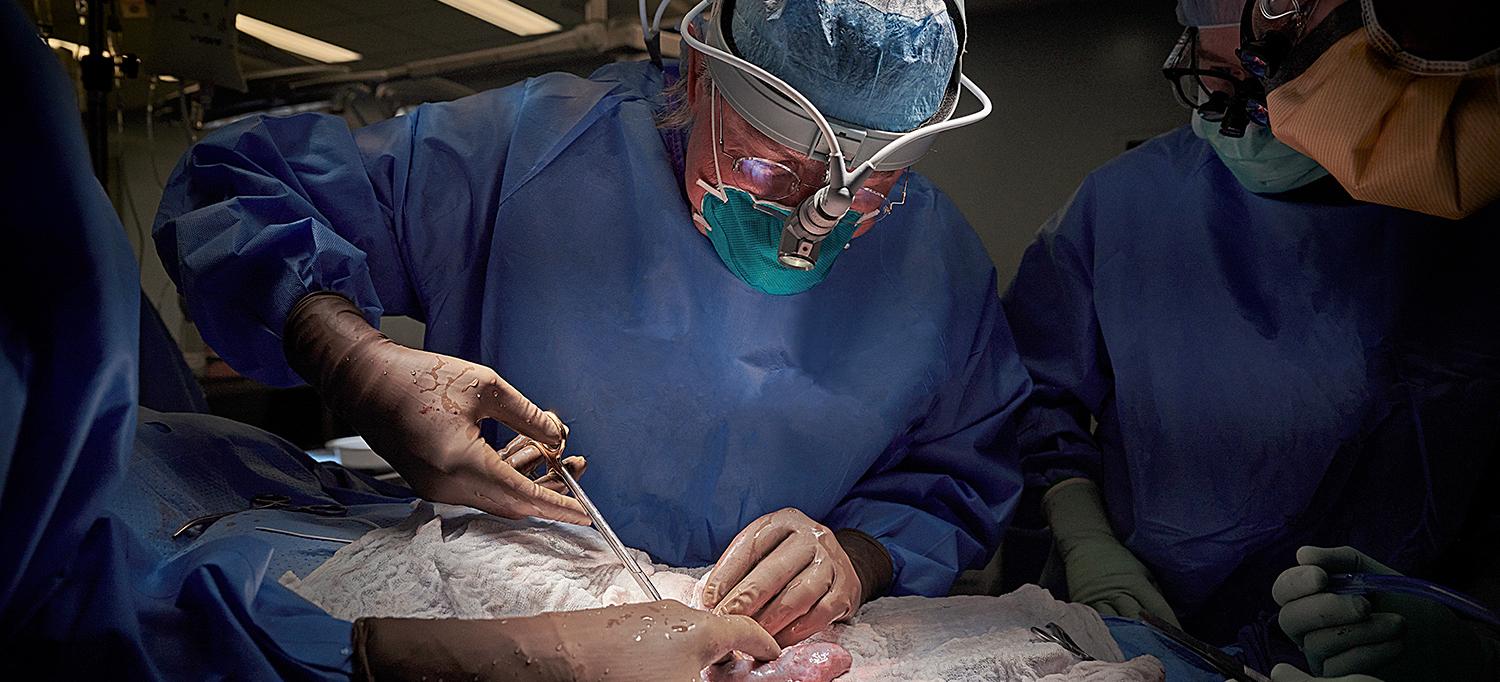In a big breakthrough, doctors have successfully transplanted a kidney from a genetically engineered pig to a human patient. Doctors said the organ functioned normally and there was no immediate rejection by the recipient’s immune system.
Researchers called it “transformative moment” as this success could eventually help alleviate a dire shortage of human organs for transplant.
Dr. Robert Montgomery, director of the NYU Langone Transplant Institute, said, “It was better than I think we even expected,” He explained it “looked like any transplant I’ve ever done from a living donor. A lot of kidneys from deceased people don’t work right away, and take days or weeks to start. This worked immediately.”
The procedure took place between a genetically altered pig and a brain-dead human patient at NYU Langone Health. The pig’s genes were altered so as to grow a kidney that no longer contained a molecule that triggers immediate rejection. The recipient had signs of kidney dysfunction and her family consented to the experiment.
Surgeons then attached the organ to the patient’s blood vessels in the upper leg, outside of the abdomen. So that researchers can observe it functioning normally.
“This is a huge breakthrough,” said Dr. Dorry Segev, a professor of transplant surgery at Johns Hopkins School of Medicine. “It’s a big, big deal.”
“We need to know more about the longevity of the organ,” he said.







